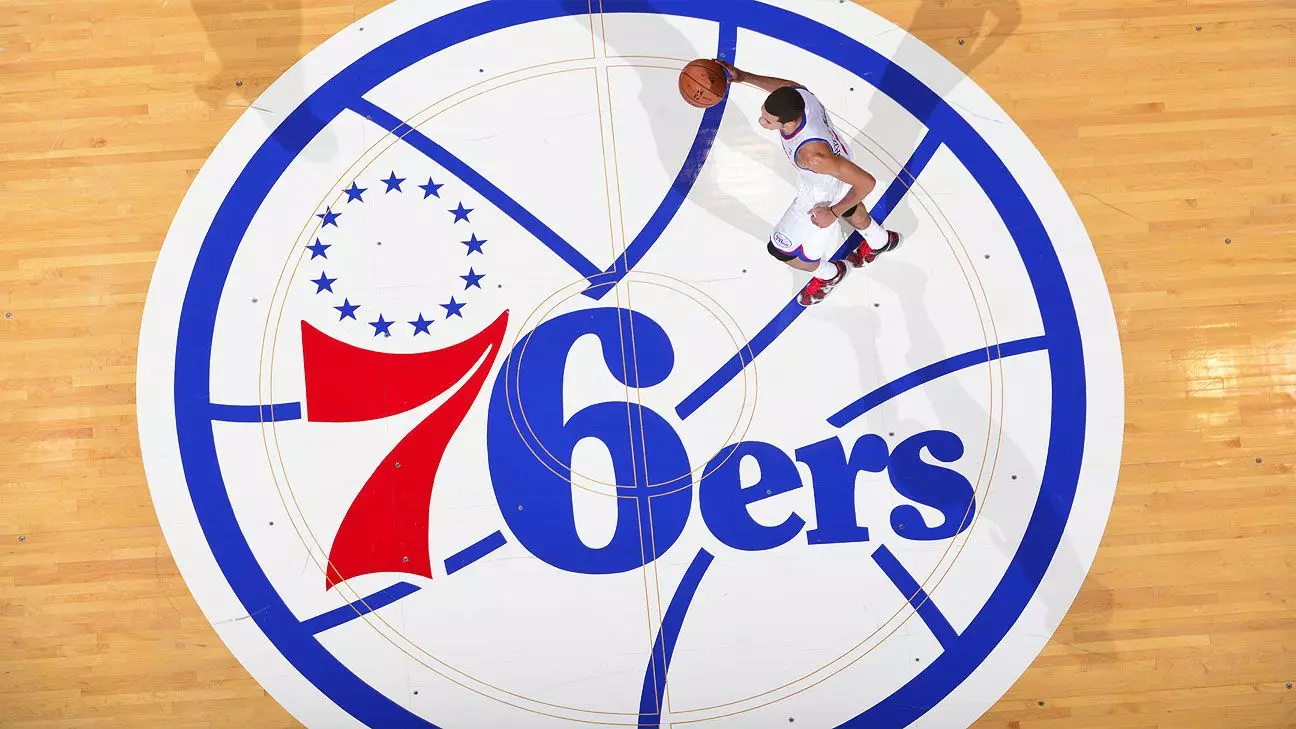The Philadelphia 76ers, an illustrious team in the NBA, have stirred a pot of controversy with their recent decision to abandon plans for a new downtown arena. Instead, they will partner with Comcast Spectacor to develop a new venue in South Philadelphia. This strategic pivot away from a proposed $1.3 billion arena near City Hall has sparked a dynamic debate surrounding urban development, community interests, and the intricate relationship between sports and city politics.
For years, the prospect of a new arena at the heart of Philadelphia generated feelings of excitement and anxiety. Enthusiasts projected a transformative impact on the community, envisioning increased foot traffic and a revitalized downtown economy, particularly in compromised areas like Chinatown. However, the apprehension felt by residents was palpable; concerns about displacement, gentrification, and the erosion of cultural identity loomed large. The city, under Mayor Cherelle Parker’s leadership, seemed poised to deliver a breakthrough solution. The recent decision to shift arena development back to South Philadelphia, however, has left citizens feeling betrayed.
The announcement was made public during a press conference, where Mayor Parker expressed surprise and claimed the pivot was a “win, win, win, win for Philadelphia.” Yet, onlookers, including members of the City Council, reacted with indignation. Jim Harrity, a city council member, stated he felt “completely bamboozled,” reflecting a sentiment echoed by various stakeholders who had committed considerable time to negotiations over the downtown project.
Amid the tumult, the roles of various stakeholders, including the 76ers ownership group, Comcast Spectacor, and city officials have come under scrutiny. The agreement signals a power shift, as the 76ers and Comcast plan to collaborate on the development of a “vibrant” new venue while simultaneously pursuing a potential WNBA franchise. David Adelman of Harris Blitzer Sports & Entertainment emphasized the team’s dedication to enhancing local sports offerings, but these promises feel inadequate to a community that feels sidelined in negotiations.
While a newly proposed partnership may offer the promise of modifications to the South Philadelphia landscape, residents are pondering the motives of billionaire stakeholders. Activist Vivian Chang articulated concerns about being manipulated by developers with unclear intentions. Such sentiments are crucial; they encapsulate the broader controversy surrounding how decisions about public spaces, community culture, and economic investments are often governed by profit-driven interests rather than any communal benefit.
Addressing economic ramifications, the initial proposal for the downtown arena carried expectations of generating $2 billion in economic growth. The sudden redirection raises essential questions about the long-term economic forecasting for South Philadelphia and surrounding neighborhoods. While proponents of the new development may assert its potential for local revitalization, it is essential to evaluate whether significant investments will indeed translate to widespread economic benefits or if they will simply affect a select group of individuals.
Furthermore, Comcast’s decision to take a minority stake in the 76ers can be interpreted as an effort to solidify its influence and connection to both the team and the community. Yet, the lack of transparency regarding financial specifics on the new project places a cloud over the anticipated benefits. Will the investment rejuvenate the area, or will it follow in the footsteps of Market East, a previously bustling corridor that struggled to maintain robustness despite high-profile intervention attempts?
As this narrative unfolds, it’s critical for Philadelphia to remain vigilant. The 76ers and Comcast’s decision to pivot their focus back to South Philadelphia signifies a reshuffling of cards in a highly complex strategic game. Yet, this upheaval should serve as a cautionary tale about the delicate interplay between sports franchises and community well-being.
In light of such developments, it becomes increasingly important for city leaders to foster open dialogues with residents, ensuring that their thoughts and voices shape urban development decisions. Whether through building a new arena in South Philadelphia or maintaining a vision for the downtown corridor, Philadelphia must strive for inclusivity and sustainability, where the shared interests are prioritized over profit and prestige.


Leave a Reply